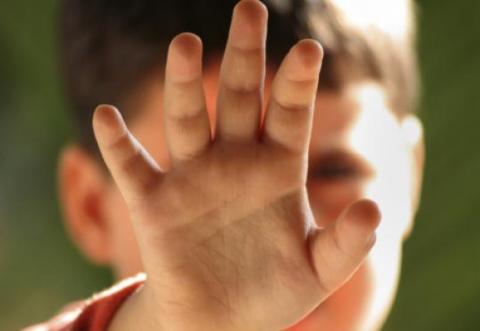What can we learn from the Cloyne Report?

Paedophilia is a very uncomfortable subject. Most people dismiss the topic if it is brought up in conversation - the very idea is repulsive to most human beings. Yet paedophilia is part of the human condition whether we like to accept the idea or not - and in order to protect innocent children it is vital that society address this complex issue with vigour.
The publication of a previously withheld chapter of the Cloyne report in late December leads me to wonder about the long-term effects of the report - will it aid us in our understanding of what actually happened, or will it be filed away under the heading “We are very sorry, and we offer all the victims substantial financial compensation”? And then nothing is heard of the whole sad saga until some other terrible account of abuse is unearthed. I wonder also what we can learn about the nature of abuse and indeed abusers from this report. I firmly believe that the more we understand the nature of things, especially when they are perverse, the greater the possibility of us preventing further abuse down the road.
When I read the analysis of the Cloyne debacle I sigh because it is woefully inadequate. There must be countless studies done all over the world into institutionalised child abuse - both sexual and physical - but the best theory that our media experts can come up with is that the Catholic Church attracted paedophiles into its ranks as they had a desire to place themselves in positions of authority over children. I thought about this long and hard before I suddenly shouted aloud “Rubbish!”
Think of what we are being asked to believe: that young men consciously chose to go into the priesthood so that they could abuse children. To do this they had to go through the seminary and read their way through theology in order to pursue their quest. To follow this theory to its conclusion each abuser would have had to plan to do this individually and without collusion – a theory I find implausible.
Another explanation offered is that perhaps the church creates this abusive trait because of the all-male, celibate world it endorses and indeed insists on as part of its doctrine. Those who adhere to this explanation accuse the church of corrupting normal young men by denying them sexual release, thus corrupting their sexual desires and making them social misfits and a danger to society. I don’t believe in this thesis either, because if it were true a far greater number of priests would have abused children, rather than the minority who did. It is also important to remember that child abuse is not confined to the religious - most children are abused in their own homes by a parent or a member of the extended family. Around the world many children were and I presume are abused in state-run institutions where there is no clerical involvement.
In a recently released short story of mine, The Fuchsia Walk, a young curate hears the confession of his parish priest by the fireside in the parochial house. There follows a moral dilemma as the parish priest confesses incidents of child abuse. The story begins as the young curate confesses to his Bishop and a couple of theologians. The crucial moment in the confession is a statement by the parish priest, who, when asked why he committed the heinous crime, answers: “Because I could - and with impunity.” I am not for one second claiming to have the answer to the problems our society faces in relation to the problems set out above, but I think perhaps if some men assume they have impunity whilst placed in positions of power that this dark side of their sexuality can manifest itself, leading to the terrible abuse of innocent children. Perhaps this theory is worth discussing.
